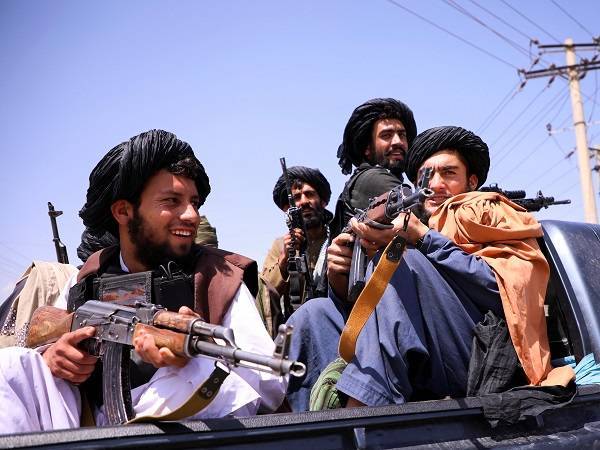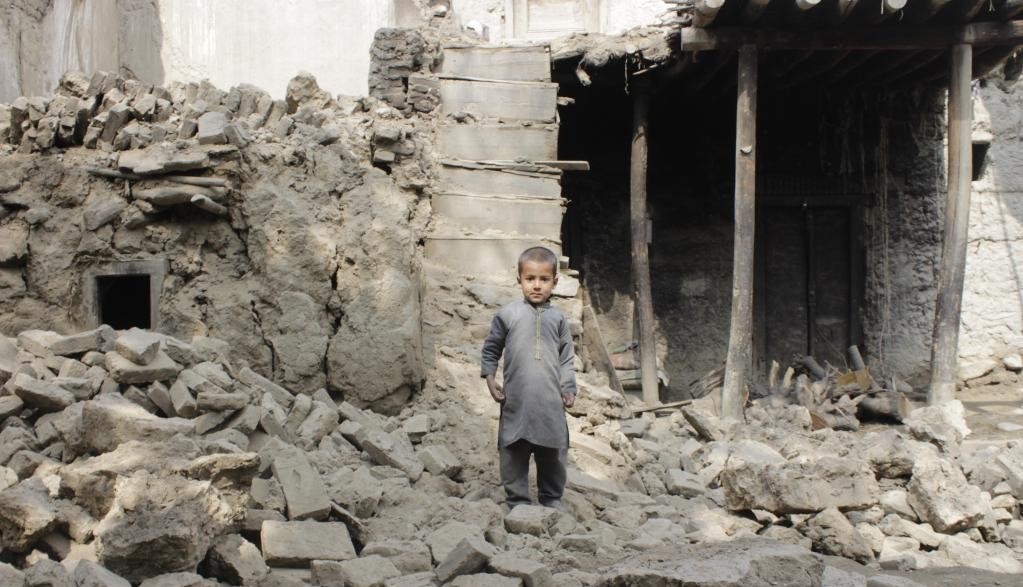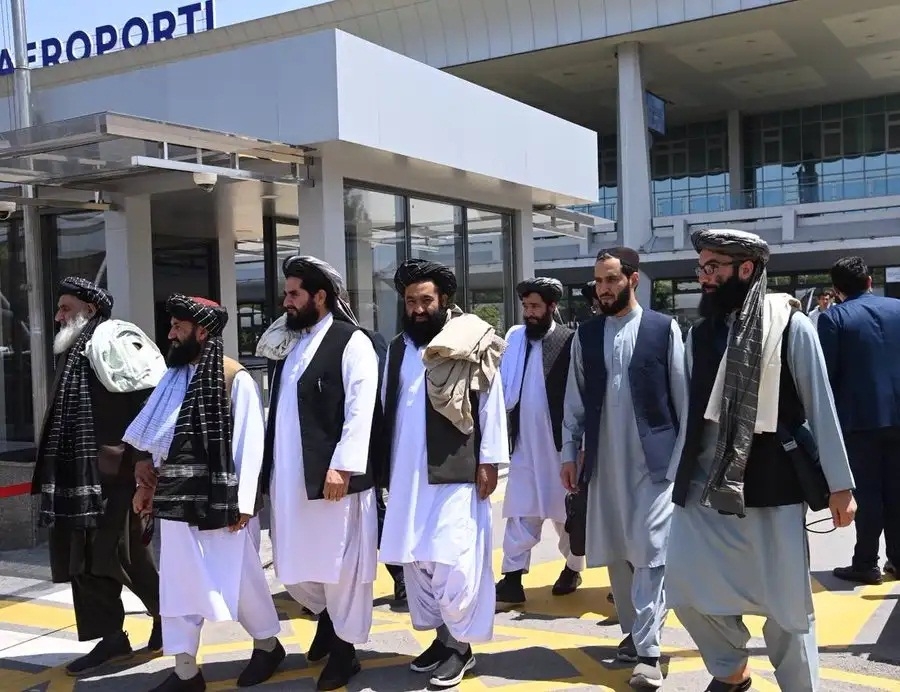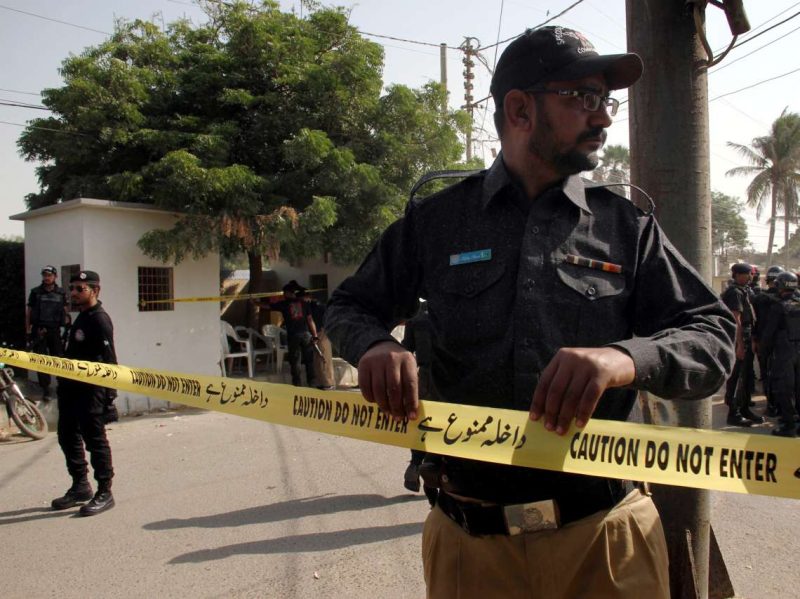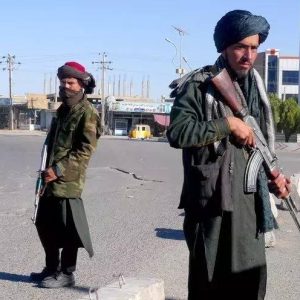Taliban human rights abuses have brought widespread condemnation and imperiled international efforts to address the country’s dire humanitarian situation…reports Asian Lite News
The Taliban have broken multiple pledges to respect human rights and women’s rights since taking over Afghanistan a year ago, Human Rights Watch said.
After capturing Kabul on August 15, 2021, Taliban authorities have imposed severe restrictions on women’s and girls’ rights, suppressed the media, and arbitrarily detained, tortured, and summarily executed critics and perceived opponents, among other abuses.
Taliban human rights abuses have brought widespread condemnation and imperiled international efforts to address the country’s dire humanitarian situation, Human Rights Watch said.
The economy has collapsed, largely because governments have cut foreign assistance and restricted international economic transactions. More than 90 per cent of Afghans have been food insecure for almost a year, causing millions of children to suffer from acute malnutrition and threatening serious long-term health problems.
“The Afghan people are living a human rights nightmare, victims of both Taliban cruelty and international apathy,” said Fereshta Abbasi, Afghanistan researcher at Human Rights Watch.
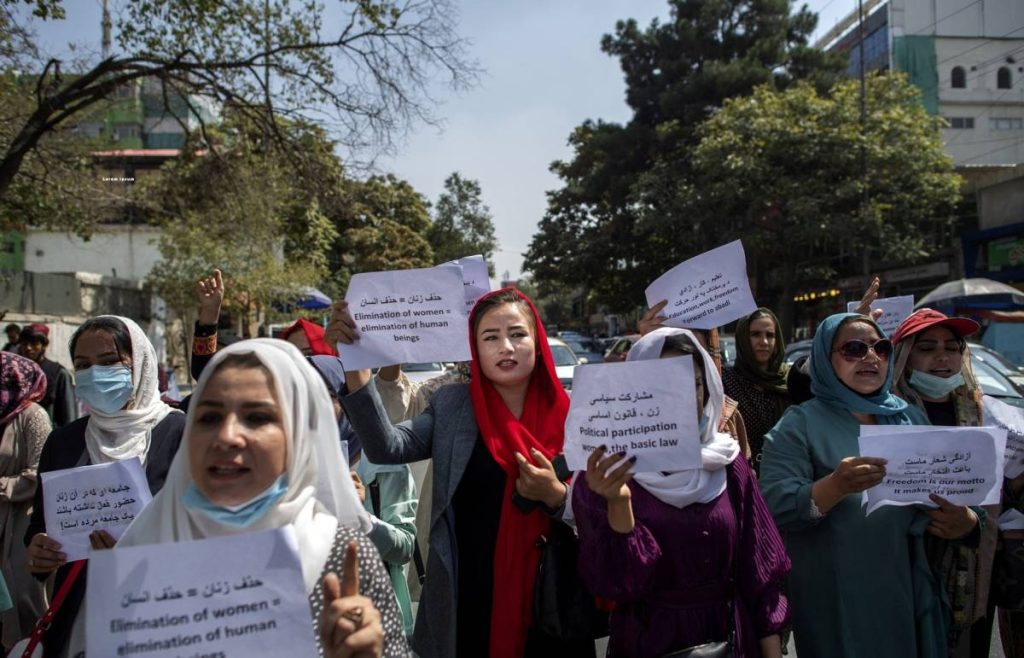
“Afghanistan’s future will remain bleak unless foreign governments engage more actively with Taliban authorities while pressuring them vigorously on their rights record.”
The Taliban’s horrendous human rights record and their unwillingness to meaningfully engage with international financial institutions have furthered their isolation, Human Rights Watch said.
Foreign governments should ease restrictions on the country’s banking sector to facilitate legitimate economic activity and humanitarian aid, but the Taliban also need to curtail rights abuses and hold those responsible for abuses to account.
“The Taliban should urgently reverse their horrifying and misogynistic decision to bar girls and women from secondary school,” Abbasi said. “This would send a message that the Taliban are willing to reconsider their most egregious actions.”
The impact of the economic crisis on women and girls is especially severe, as women and girls have increasing difficulties accessing assistance and health care.
The humanitarian situation would be even worse had the UN and other aid providers not substantially increased their operations in 2022, Human Rights Watch said.
“After a year in power, Taliban leaders should recognize the catastrophe they have created and reverse course on rights, before more Afghans suffer and more lives are lost,” Abbasi said.


